 Lenyia dies in our own backyard. Further away, 21 people died in a senseless act of violence in Uvalde, Texas. Even more removed (and yet feeling so close), the conflict in Ukraine continues. In our own families and homes - tragedy is all around us. How do you make sense of so many horrific, unthinkable, and evil things that are beyond your control? We have three options:
Let’s be honest, denial doesn’t work. As painful as it is to acknowledge reality, we cannot wish it away. Reality is always waiting to greet us. Playing the blame game feels good at the moment. Too often, tragedy is complex and abstract. In the short term, directing blame toward someone or something directs our thoughts and feelings toward something concrete. However, like denial, assigning blame doesn’t change reality. In fact, in the long run, blame often makes matters worse. In the end, by denying reality or playing the blame game, we become our own gods - ultimate arbitrators of what happened, why it happened, and what should happen next. For me, a pastor, leader, and shepherd, trauma and tragedy have become common experiences. Most of the time we assume that God is absent in these moments. However, I have learned that it’s in these sacred and difficult spaces, God is most present. As a result, I have learned to keep three words in mind when tragedy strikes: Let’s grieve well. And here’s why… We are human - made in God’s image, with all of our emotions, intellect, and person-hood. That’s how God made us. We hurt because God hurts. Our hearts break because God’s heart breaks. Let’s not forget that Jesus is human, too. He hurts. His heart breaks. Jesus shows us how to grieve well. With his heart in pieces, He doesn’t choose to deny reality. He doesn’t choose to shift blame. Jesus cries at death. He mourns the loss of friends. He laments how the world seems unfair (because it is). He accepts the reality of a crass, cold, and chaotic world that is spinning deeper into darkness. And then, Jesus owns his grieving as he hangs onto every one of God’s promises through temptations, uncertainty, and even death itself. So friends - as we continue to pray for Lenyia’s family and friends… as we move from shock to sadness over the Uvalde tragedy… as we continue to see events in Central Europe unfold… and so much more in our own lives… remember these three words: let’s grieve well. After all, we do believe in resurrection which follows tragedy. And resurrection always leads us back to Jesus. Honor raises people up. Dishonor slashes, slanders, and strikes people down. You can read Romans 12:9-13 to learn more about what I mean. This Sunday, we have the opportunity to honor Jesus (of course!) and Diane Zimmermann for 40 years of faithfully serving in worship arts. At our 9:00 and 10:30 services, we will sing, pray, commune, sing, bless, give gifts, sing, clap, laugh, and sing some more. After each service, in the spirit of our “Telling the Story” message series, you are invited to bring a written short story, card, note, or picture to give to Diane to honor her at a special reception for everybody. Let's honor Diane and have some fun! See you there! Pastor Tim Maybe you hear that and think that church meetings are boring, potentially contentious, an antiquated way of doing things, and that the people who “really care” about that kind of stuff can get involved in “that kind of stuff”. I get it. I’ve been there, too. Growing up as a PK (Pastor’s Kid), I attended my fair share of church meetings. Most were boring. Several got off track. A few were quite tense. At least one was a major dumpster fire that I think might still be burning today. And even though none of these experiences directly involved me, they did involve people I loved - my family and friends. Needless to say that church meetings did not inspire me to follow Jesus and certainly was not the reason I chose to say, “yes” to God’s call into pastoral leadership and ministry. But then, a series of conversations changed my mind. Now, today, it’s one of the most anticipated meetings that I prepare for and look forward to all year long. What happened? I went to counseling. At the time, I was seriously considering changing careers from pastoral leadership to organizational consulting. It was so serious that I had the open invitation to join an extremely reputable firm and become the lead person working with large and complex religious nonprofits and schools in the area of vision, mission, and strategic change management. It wasn’t that I didn’t enjoy pastoring. I wasn’t burned out. Besides not working every weekend, double the salary, and traveling (a lot) along with the perks were very appealing to me. After two weeks of counseling, it became evident that the potential career change was not really the issue. I was fearing the upcoming Annual Voters’ Meeting. And the opportunity to avoid it was there, ready, and available. My counselor helped me reframe my past experiences of the boring formalities of Robert’s Rules of Order, the people who would have challenged the filibuster record, the tense discussions (usually filled with unhelpful and un-Jesus like behavior), and the unresolved dumpster fire that was still smoldering in my heart. She asked me, “what would your ideal annual meeting look like and how can you be part of the solution”? It was that conversation that changed my mindset from a “victim” to a “victor”. I carried influence. I had freedom. I was not a victim of my past experiences, but a leader to create a different, healthier, and more effective one. She then said something like this: Tim, the church is a family. How can your meeting feel more like family than business? Shortly after, I made the decision to stick with pastoring. I met with my Board and shared my childhood experiences and together we made our meetings feel more like family than business. As a Board, we began eating together. Laughing together. Celebrating together. Dreaming together. And all of this helped us make decisions and work better… together. And that Annual Voters’ Meeting… it was one of the best! We ate together. We celebrated together. We laughed together. We dreamed together. And then we made some very important decisions together. And we left… together. I still have a degree of anxiety when it comes to church meetings. That’s part of my story that I probably will always need to be attentive of and be working through. Let’s be honest, working through trauma and with ourselves is never done. Here’s my point… if you’re like me and think that our upcoming Annual Voters’ Meeting on June 12 is going to be boring, potentially contentious, antiquated, or is “for the people who really care about that kind of stuff”… you aren’t alone. I’ve been there, too. It truly is one of the most anticipated meetings that I prepare for and look forward to all year long. And while I can’t humanly guarantee anything - I can guarantee that we will eat together, laugh together, celebrate together, dream together, and make some decisions together (albeit in a formal way because there are state laws governing some of our organizational processes). We will be family… together. My prayer is that if you choose to be a part of it, you will find some new friends, mingle with some old ones, laugh, have fun, celebrate, dream with me about our future together, and then leave more together at the end of the meeting than we were when it began. Because in the end - we are family. All photos in this post are from pexels.com. One of our core values here at Our Savior is to foster a culture of care and belonging. That means that in all we do, we strive for inclusivity. Why? Because Jesus’ love is inclusive. After all, while we were still far off, Jesus who is rich in love and mercy, built the bridge, tore down the wall, and brought us back to Him (Ephesians 2:11ff). So, it makes sense that when it comes to motherhood, we see and acknowledge that there is a diversity of experiences. From joy and euphoria to trauma and loss. And we know that joy and pain are not mutually exclusive. In fact, it is normal for both joy and pain to coexist in the same moment, heart, and experience. While celebrating mom’s is not wrong, sinful, or bad in any way - we dare not idolize it. Moms and Mother’s Day is a gift - not a god. In fact, saying, “thanks, mom” honors God (Exodus 20:12, Ephesians 6:2-3). At the same time, Jesus’ church has always been and will remain a place and a space for broken and hurting people. What I’m trying to say is that this Sunday, we will be inclusive and say “thanks, mom” and empathize with the complexity of our human experience. I believe that knowing what to expect lowers anxiety, honors people, and creates a safe space to experience God’s presence. Here’s what you can expect this Sunday (Mother’s Day) at Our Savior. We will see and acknowledge the joy of the day.Moms, grand-moms, step-moms, foster moms, adopted moms, spiritual moms who don’t know they’re moms, moms whose kids don’t think much of them, and those who are a mom at-heart… you are all moms worthy to be celebrated. We see you. And we will love, celebrate, and thank you at the beginning of the service. We will acknowledge and share the pain of the day. We will pray for people who have lost their mom and are missing them today. We also hold in our prayers those who have been hurt by relationships with mothers. We are a place where people can experience love, grace, forgiveness, and reconciliation. We will then turn our focus away from you and onto Jesus by living in the truth that our identity is in Jesus, not anything we do (including being a mom). We are loved, forgiven, chosen, baptized, valued, equipped, and sent by Jesus - not because of anything we have done, are doing, or will do, but because of what Jesus has done for us on the cross. We will rejoice in hearing the words, “you are loved, forgiven, and at peace with God”. We will find joy in celebrating communion with all people. We will confess in the Creed that Jesus is the only way, truth, and life. And, we will be blessed to be a blessing to all people - whoever we are. In short, motherhood (or anything else) does not define, identify, or label us - Jesus does. Everything else is just something “we get to do” to love God back, love other people, and live like Jesus with others. We will focus on Jesus, not ourselves. Pastor Matt will lead us to sit in God’s Word and focus on how freedom in Jesus is a matter of our interdependence on Him. It will not be about mom’s, motherhood, or even womanhood. As always, Jesus is the hero - not us. We will walk with you through the hard stuff. If Mother’s Day is hard for you, we will have people available to pray with you and your family who need healing from miscarriages, struggle with infertility (like Beth and I have), abuse, and broken relationships. Jesus is close to the brokenhearted (Psalm 34:18). We have a sweet treat for you.Finally, if you’re a mom, grand-mom, step-mom, foster mom, adopted mom, spiritual mom, or a woman who has or had a mom at one time - find Shelly in the lobby after each service for a sweet chocolate treat. I know that we all have opinions (some very strong) about Mother’s Day. I’d love to hear yours! Drop me a note…[email protected]. I’d love to listen to you. Just shy of 12 years ago, a group of ordinary people wanted to share God’s love in a practical way. They met at West Campus for a 7:00am breakfast. They would then head out to trim bushes, clean gutters, sweep sidewalks, and winterize windows. They’d return to church for lunch and share what they did, what they learned, and how they “saw Jesus” that morning. They called the morning, Kindness in Progress and did it again… and again. Fast forward several months, they started servicing our neighbor’s cars (at no cost). As the joy of sharing God’s love in a practical way grew, projects multiplied. Soon, teams of people were preparing meals, cleaning out garages, landscaping flower beds, and packing bags of food for hungry kids. It was more than just kindness in progress… it was our faith in action.
And we’ve been helping people put their faith in action ever since. Were you there at the first Kindness in Progress? Drop me a note and share a story or memory of that day. And then, let's continue putting our Faith in Action on Saturday, May 21. Good Friday.
Resurrection Sunday. What happens on the Saturday between Good Friday and Resurrection Sunday? Well, if you were a Roman, it was a regular business day. You’d go off to work and be about your business. That was normal for you because you didn’t know anything different. Romans did not have a “work from rest” attitude. Quite the opposite. Their 8-day work week was more of a “rest from your work” mindset… much like we have in America, today. However, if you were of the Hebrew tradition and Jewish, you would be doing the same thing that has happened every Saturday since the beginning of creation. It was a normal, ordinary Sabbath Saturday. Like the women who brought spices and perfume to Jesus’ tomb (Luke 23:56), you would rest. Work would stop. Your business would be the hipster version of Hobby Lobby and Chick-Fil-A and be closed before it was cool. You’d go to worship. You’d sing songs. You’d pray prayers. You’d bring an offering. You spend time with your family. You may even take a nap. You would remember that life doesn’t depend on your work, but on the work of Your creator and His coming Messiah. That first Saturday between Good Friday and Resurrection Sunday was incredibly ordinary and normal. And, in its own way, it was normal and ordinary for Jesus, too. Jesus rested. He is lying in a tomb. He did absolutely nothing. He was at rest. Church history would say that Jesus descended into hell. This idea is taken from 1 Peter 4:6 which says that Jesus proclaimed good news to the dead. Ephesians 4:9 also says that Jesus descended into the lower parts of the earth. And while the gospels do not speak explicitly of this, it makes sense. Our statement of faith actually says, “he descended into hell”. Thankfully, salvation doesn’t depend on knowing for sure and faith gives us the latitude to be curious. For sure, we know that Jesus’ lifeless body is laying in Joseph’s cold, dark tomb. According to the Gospel according to Matthew, Jesus’ tomb is guarded by Roman guards because Jews can’t work on the Sabbath and they’re afraid Jesus’ followers might steal the body since Jesus prophesied that He would rise on the third day. So, what is Jesus humanly doing between Good Friday and Resurrection Sunday? Jesus is resting in perfect Shabbat Shalom. . . Sabbath Peace. Wholeness. Completeness. His lifeless body is here on earth. His spirit is in God, His Father’s hands (Luke 23:46). This may shape a whole new understanding to the term “rest in peace” which is sometimes said when somebody dies or at a funeral or memorial service. We remember that the next day began at sundown. So as the sun goes down on Saturday, a new day begins… a new week emerges… Resurrection life walks out of the cold, dark, dead grave. . . Church traditions include a Saturday evening service called, “vigil”. Oftentimes, there would be mass baptisms, the church would welcome new members, and there would be a party. Not only is it a picture of the new life of Jesus that emerges within the church, but baptism, membership, and a party is also a fun picture of the forever life of a forever Sabbath in heaven! So how will your Saturday between Good Friday and Resurrection Sunday play out this year? And what would it take for our Saturday to become a Shabbat Shalom so that when next year’s “Holy Saturday” comes around, Jesus’ Sabbath Peace would be just your regular, ordinary, normal Saturday. . . just like God had ordered it from the very beginning. Warning: Spoiler Alert Ahead Music. Imagery. Video. Drama. I have always loved the creative arts. They’re the cultural artifacts that communicate truths about real life. They also teach and tell us about faith. It’s no surprise that the Jesus story has invited such artistry over the years. It’s generally accepted that the death and resurrection of Jesus is the greatest story ever told. Yet, when we only read or hear the story, we experience just one human dimension of it. That’s why telling the Jesus story through different narratives and mediums is so powerful. That’s right - it doesn’t need to be as explicit as Jesus Christ Superstar or Godspell. Same story. Ancient truth. Fresh experience. The only thing that changes lives is the work of the Holy Spirit through the person and work of Jesus - which is who the entire story is about. So, because we’re going into Easter week, I want to take a moment and share my three favorite musicals that tell the Jesus story. Again… warning: spoilers ahead! Les MisérablesSo many great examples here. Who can forget the utter despair in Fantine’s cries in “I Dreamed a Dream”? She experiences resurrection because of Valjean’s sacrifice, kindness, and love. Perhaps even more moving is how Valjean returns after his arrest and imprisonment to rescue Cosette. What an incredible example of the power of new life, forgiveness, and how death never has the last word when it comes to unconditional love. Check out this fantastic essay from Joel Woodruff of the C.S. Lewis Institute highlighting even more examples. WickedHang with me. Elphaba is the Jesus figure in this spectacular show. Surprised? The Wizard is king - and not in a good way. Everyone and everything is manipulated, controlled, oppressed, or silenced. And, Elphaba dies in order to set the entire kingdom (animals and all) free. By the way, if you’ve seen this masterpiece - did you catch how Elphaba dies? Literally, by baptism. Learn more about what I mean by reading Romans 6. HamiltonDespite some questions around historical accuracy, this show makes me think about how easy it is to go our entire lives thinking that the entire show is about us not giving up our shot. But, remember who dies, who lives, and tells the story. Let’s be honest: the real hero of this show is Eliza. She’s the Jesus figure who reshapes Alexander Hamilton; who sticks with him through infidelity, shame, chaos; and lives on. While everyone thinks it’s Alexander Hamilton’s story that is going to be told throughout history, it’s really Eliza’s story of unconditional love that lives on.
You can check out this article from Christianity Today to learn other ways Hamilton communicates the gospel. Send me a note and share your favorite musicals and how they tell the Jesus story. I’ll see you for worship this week… onsite or online! Before Our Savior is a place or organization, we are Jesus’ spiritual family.
Because I am adopted, I’ll explain what I mean through my personal lens. My name was Naum Kyoo Park. I was physically brought into the Bayer family in August of 1983. At that point, I was introduced, connected, and bonded with friends, grandparents, cousins, an existing family history, and a future together. I was “part of the family” in almost every sense of the word. Then, through an immigration process, I legally became their son. I have a new name. I have official documentation. It’s a totally new identity in every sense of the word. At that point, I was recognized by governments, states, and schools as a legitimate part of the Bayer family. In other words, before I was recognized as a part of the family, I experienced family... I participated as part of the family… I became part of my family’s history and their future together. All of that was in place before I was publicly recognized as part of the family. I think this is a helpful way of thinking about what church family membership means for us. We’re already part of Jesus’ spiritual family. We already experience family (that’s grace!). We already participate in the family (that’s faith!). We are already part of God’s greater story (that’s the scriptures!). Becoming a church family member means that we now choose to be publicly recognized as part of the family. It's a public acknowledgment of what and who we already are and becoming. While there is no spiritual legal requirement to be a member of a church, this declaration of belonging brings a deeper sense of belonging to the family of God. Want to learn more? Join me and our incredible team for our next New Member Class beginning on Sunday, April 24th. In the meantime, drop me a note and let me know what being a church family member at Our Savior means to you - or any questions you have about it. In just a few weeks, we’re going to take a specific walk with Jesus from Bethany to Jerusalem. We will move through the Upper Room and Garden stopping by Pilate’s and Herod’s before taking 400-600 steps down the Via Dolorosa (the Way of Suffering that Jesus walked to the cross). Regardless of your feelings about CNN, they produced really helpful video that helps us see this walk with our own eyes. Now, here are three ways to prepare to join Jesus on His walk.Commit to walking.
Walk with Somebody Else.
March is Women’s History Month.
So, I thought it would be fitting to have Danielle Strickland share an inspiring story about how we see Jesus determines how we see others. After you watch the story, drop me an email. I'd love to hear about which other women are inspiring you to follow Jesus these days. You can watch Danielle's entire talk here. Video Credit: Intervarsity Christian Fellowship, Urbana 2018. |
Connect with
Pastor Tim Meet Pastor TimTim Bayer has served as Our Savior's Lead Pastor since September 2019. He also serves as an Adjunct Instructor at Concordia University - Irvine, a National Leadership Facilitator and Resource, and with the Northwest District of the Lutheran Church - Missouri Synod. Archives
April 2025
Categories
All
|
OUR CHURCH
|
GET INVOLVED
|
OUR SCHOOLS
|
|
|
© 2025 | Our Savior Lutheran Church | 253.531.2112
4519 112th St E, Tacoma, WA 98446 Office Hours: Mon-Fri 8:30-3:00 Sunday Services: 9:00 & 10:30am |







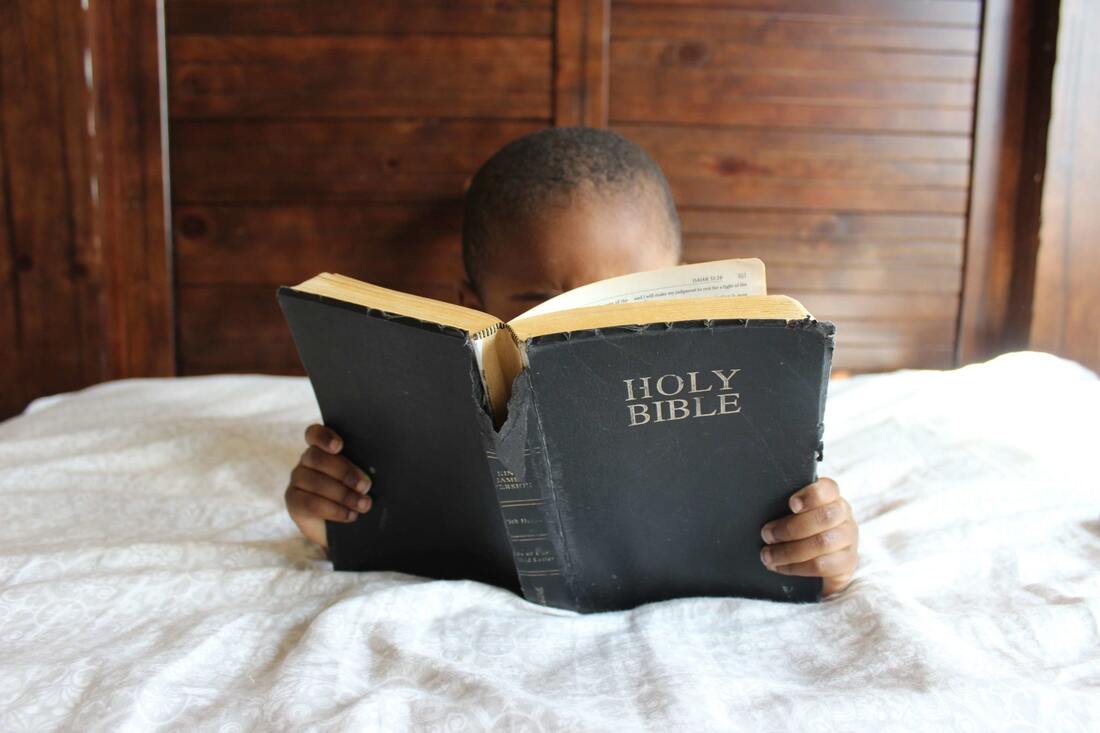


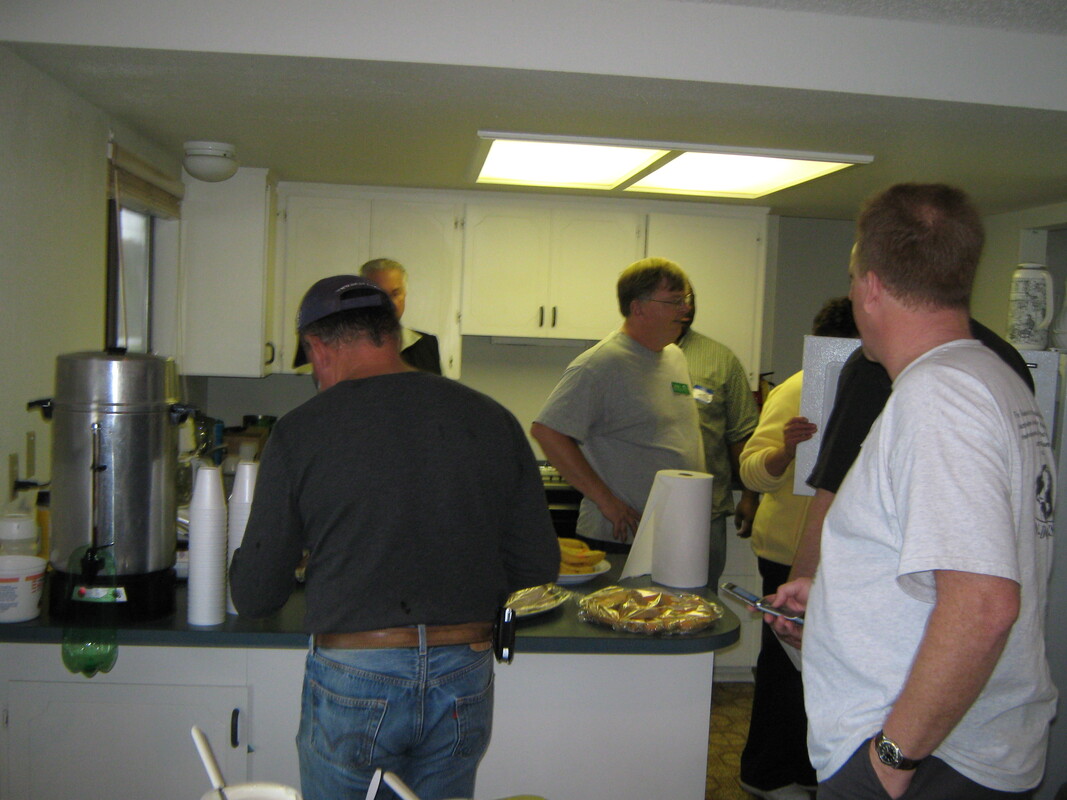
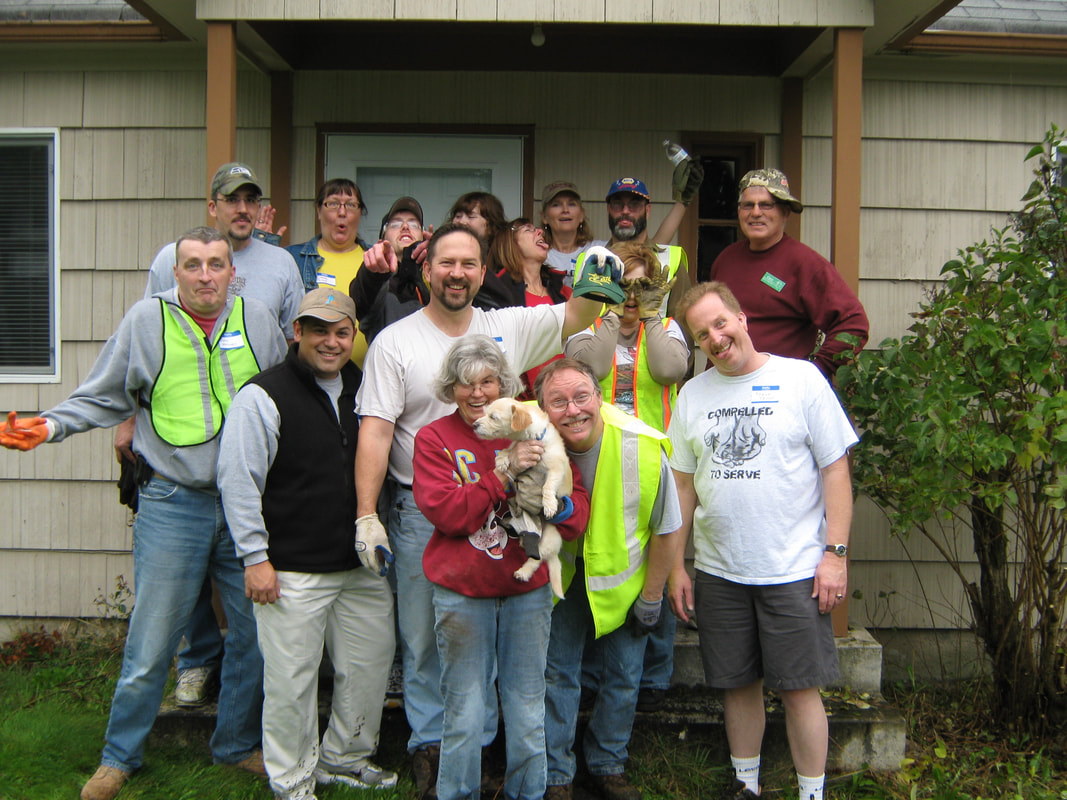
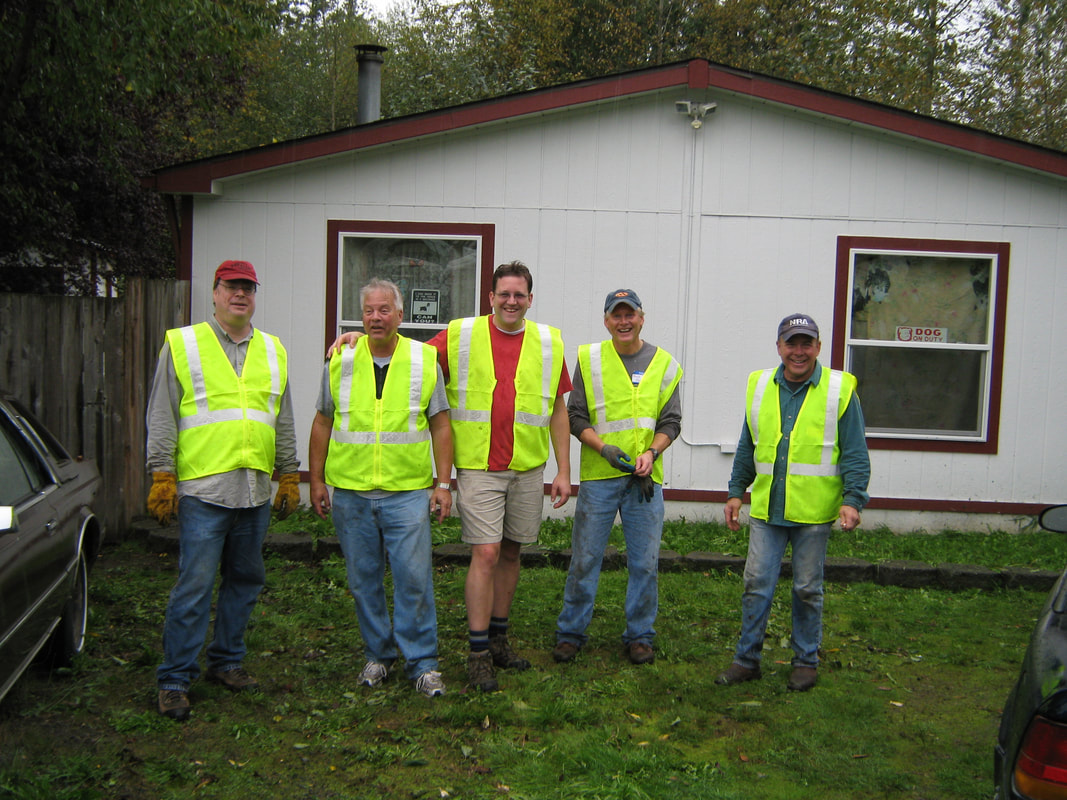
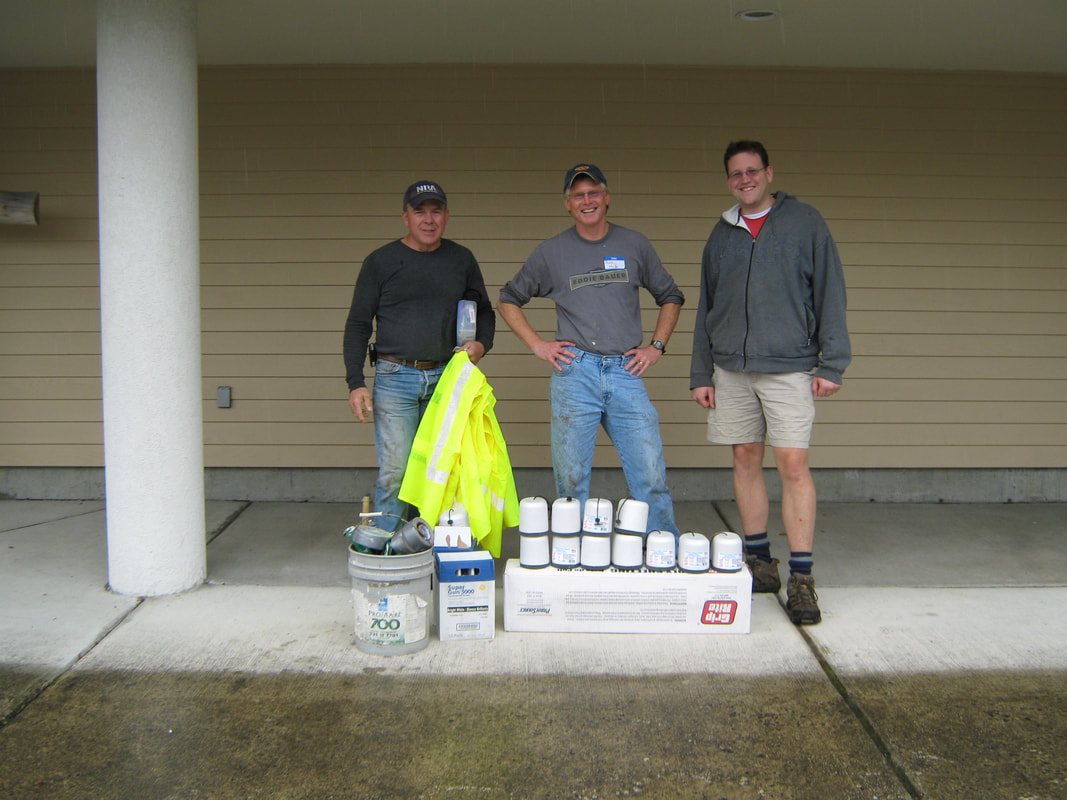
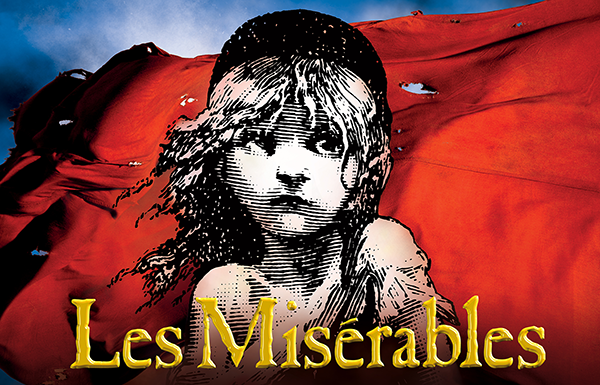
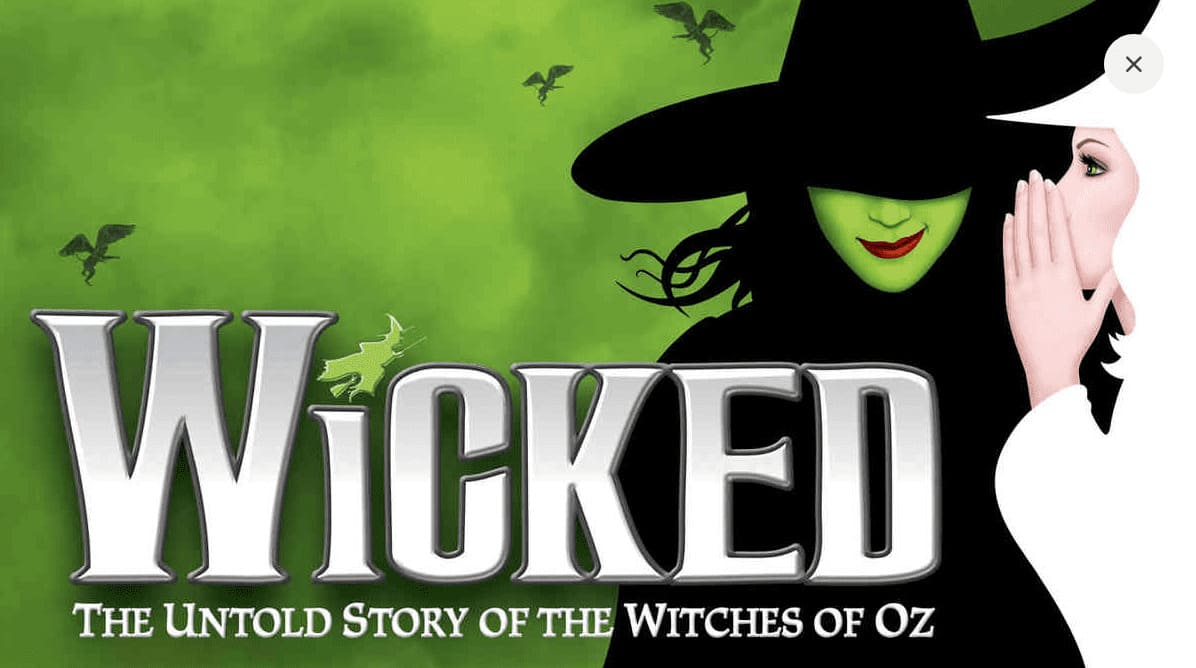

 RSS Feed
RSS Feed